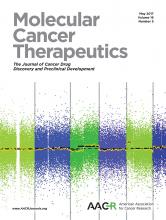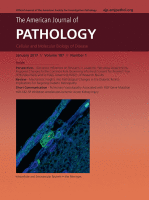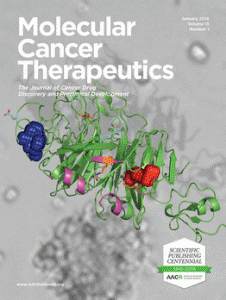 Pfizer has discovered two additional papers that merit retraction from the lab of a former employee. One of the papers, published in Clinical Cancer Research, was retracted earlier this month.
Pfizer has discovered two additional papers that merit retraction from the lab of a former employee. One of the papers, published in Clinical Cancer Research, was retracted earlier this month.
Last year, Pfizer requested retractions of five papers from the lab of breast cancer researcher Min-Jean Yin, who was fired after an investigation revealed image duplication. The papers were first questioned on PubPeer. By April 2017, all five papers had been retracted.
After the initial probe, the pharmaceutical giant conducted a follow-up review of papers originating from Yin’s lab (which Leonid Schneider posted about on May 23). A spokesperson for the company told us that the review revealed two more articles that merited retraction “in light of data integrity issues relating to the figures therein.” The 2013 paper in Clinical Cancer Research was retracted earlier this month at Pfizer’s request. On May 1, 2017, Pfizer asked PLOS ONE to retract a 2013 paper. Continue reading Case closed? Fired Pfizer researcher slated for seven retractions
 The former vice chancellor for research at the University of California, Los Angeles, has
The former vice chancellor for research at the University of California, Los Angeles, has 
 A pathology journal is retracting two papers after an investigation at the last author’s institution in Germany found evidence of scientific misconduct.
A pathology journal is retracting two papers after an investigation at the last author’s institution in Germany found evidence of scientific misconduct.


